Ukrainian President Volodymyr Zelensky announced on Wednesday that Ukrainian forces have made significant advances in Russia's Kursk region, marking the most extensive cross-border offensive by a foreign army on Russian soil since World War II. Ukrainian troops entered the region on August 6, capturing dozens of settlements and pushing further into Russian territory.
In his evening address, Zelensky stated that Ukraine is making progress toward its strategic goals and mentioned gains of "one to two kilometres" in different areas during the day. Interior Minister Igor Klymenko added that Ukraine plans to create a "buffer zone" in the Kursk region to prevent Russian cross-border attacks.
The situation in the region is tense, with Russia reporting that it has repelled Ukrainian attempts to advance further in several areas of Kursk. The neighboring Belgorod region, which has seen significant Ukrainian shelling and drone attacks, has declared a state of emergency and evacuated 11,000 people.
According to data from the Institute for the Study of War (ISW), Ukrainian forces have advanced over an area of at least 800 square kilometers (310 square miles) in Russia. Despite Russia's efforts to halt the offensive, Ukraine's operation has caused significant concern among Russians, particularly those living in the affected areas.
The Ukrainian government has offered to halt its raids into Russian territory if Moscow agrees to a "just peace." In the meantime, Ukraine has opened humanitarian corridors for civilians in the captured areas and has offered to allow international humanitarian organizations to assist.
The conflict has brought the war closer to ordinary Russians, with many expressing fear and concern over the ongoing situation. Russian President Vladimir Putin has vowed to "dislodge" Ukrainian forces from Russian territory, accusing Ukraine of using the operation to strengthen its negotiating position in any future peace talks.
The offensive has also involved long-range drone attacks by Ukrainian forces on several Russian military airfields, in what Kyiv's security services described as the "largest attack on Russian military airfields" during the war. The aim was to prevent these airfields from being used to launch strikes against Ukraine.



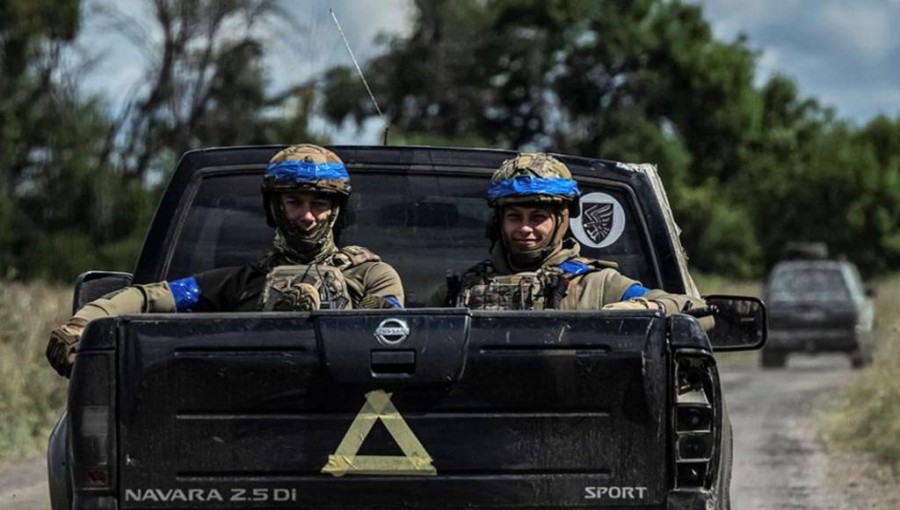
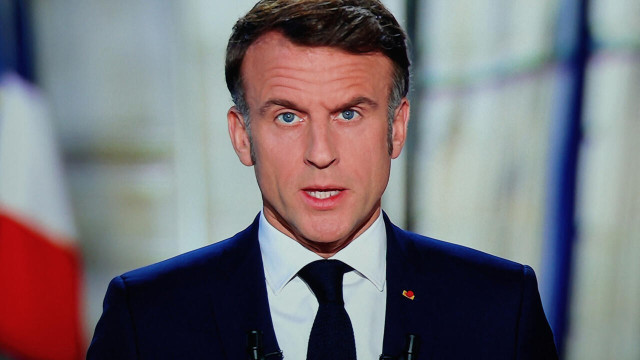
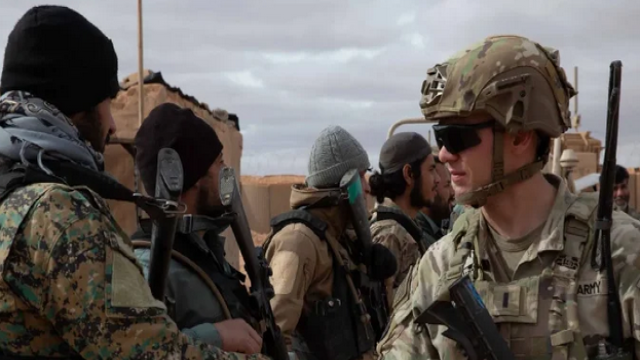

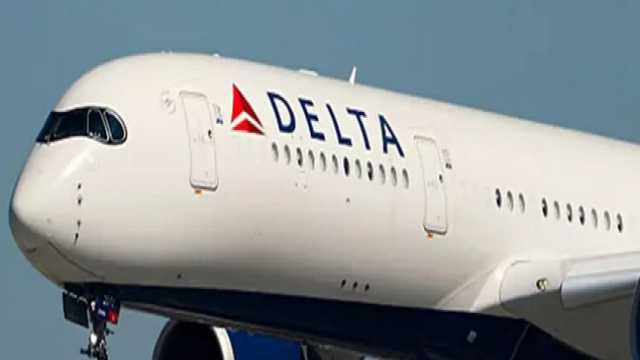



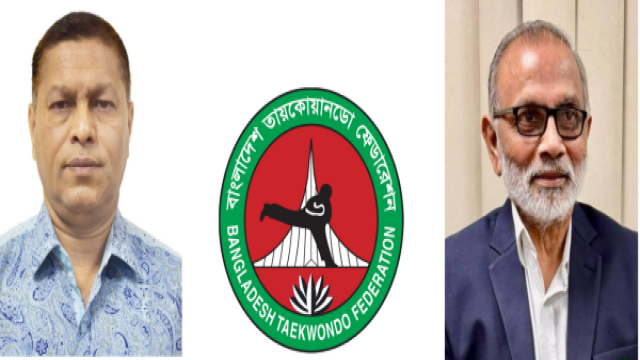
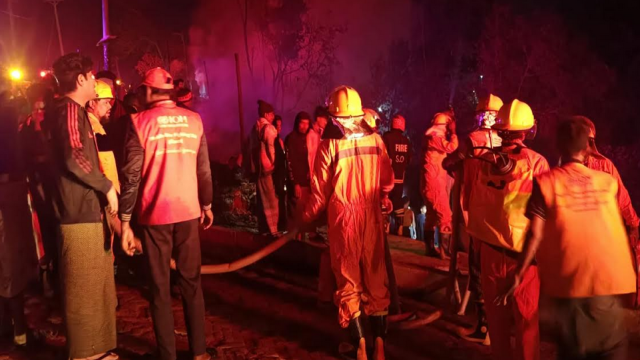

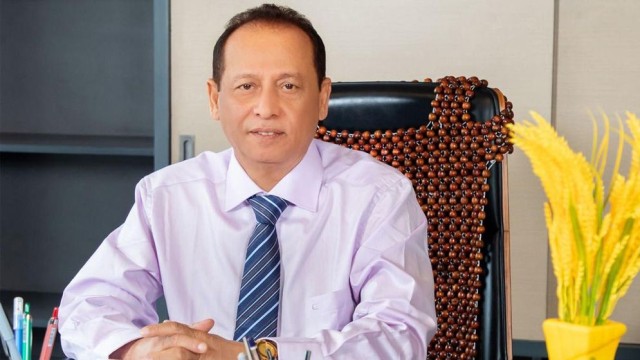
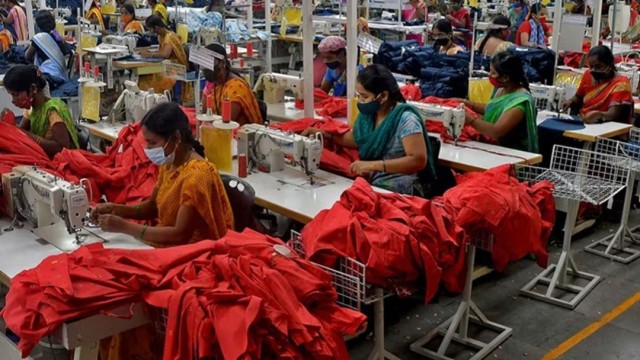
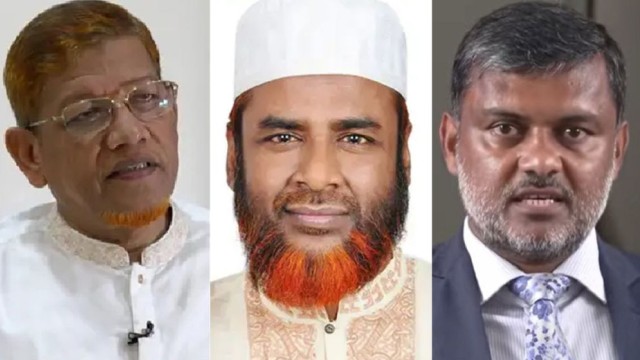

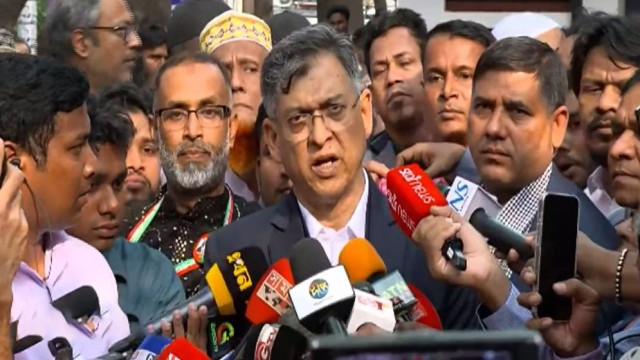
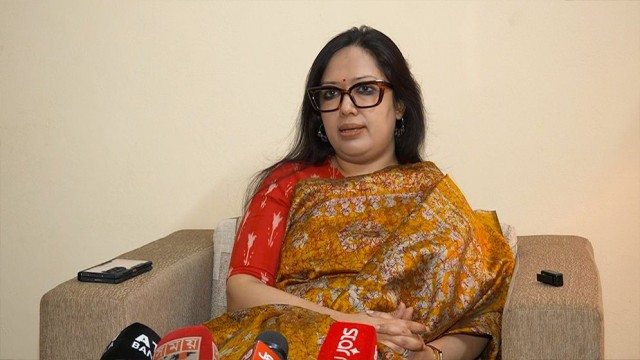











Comment: